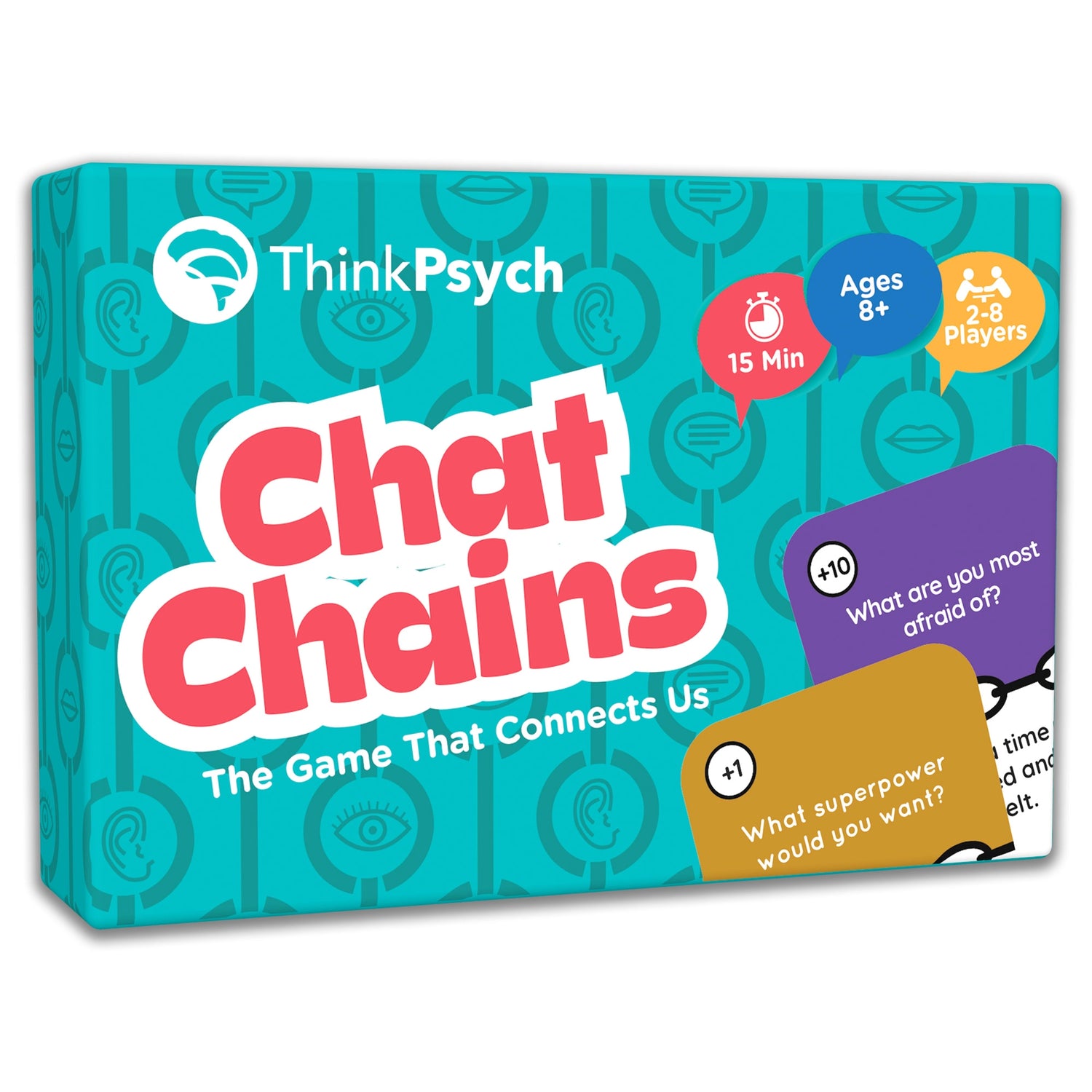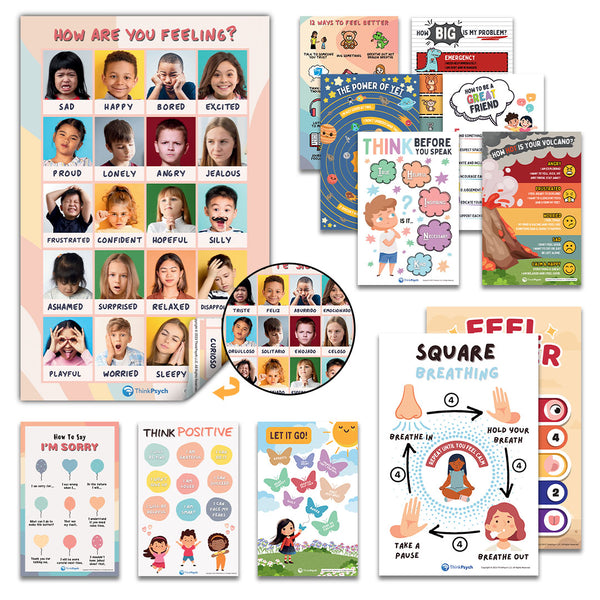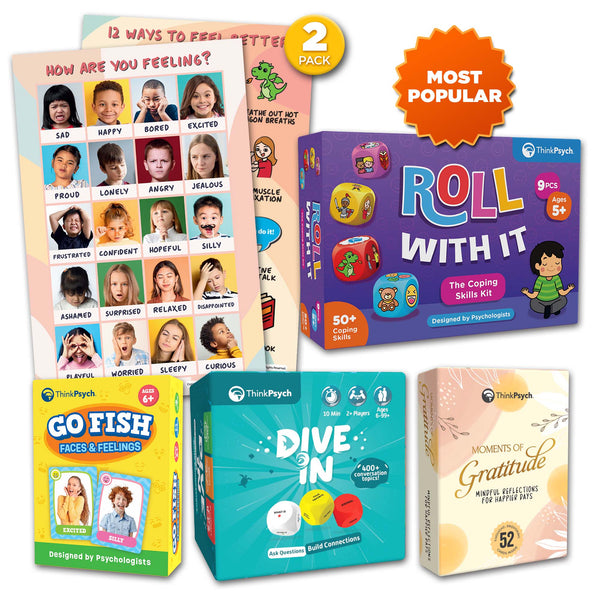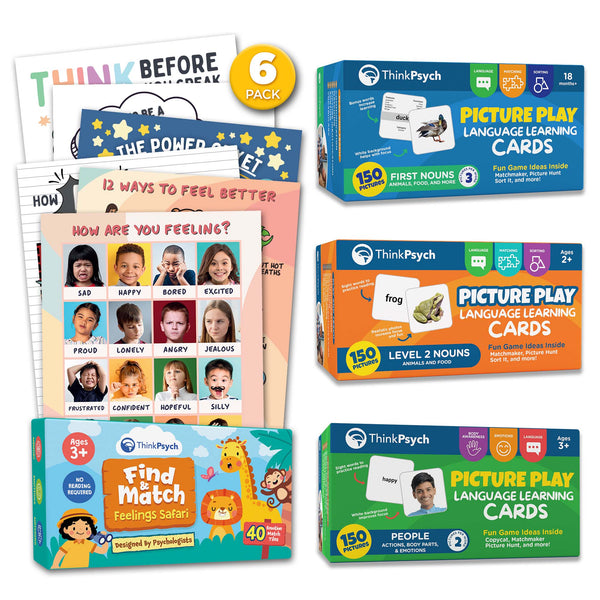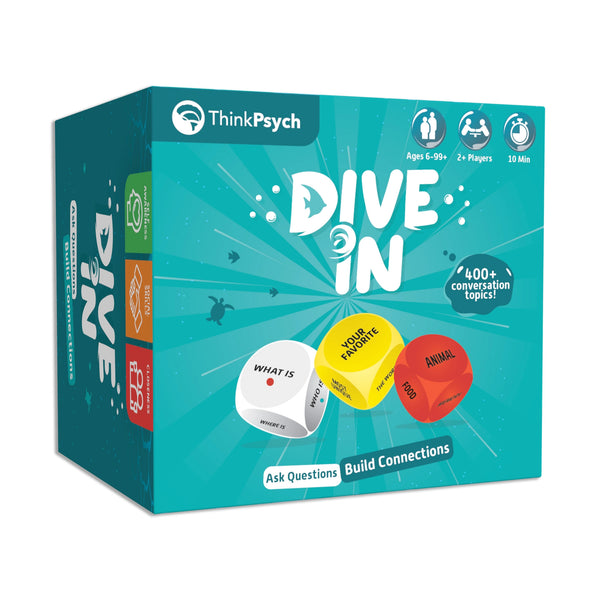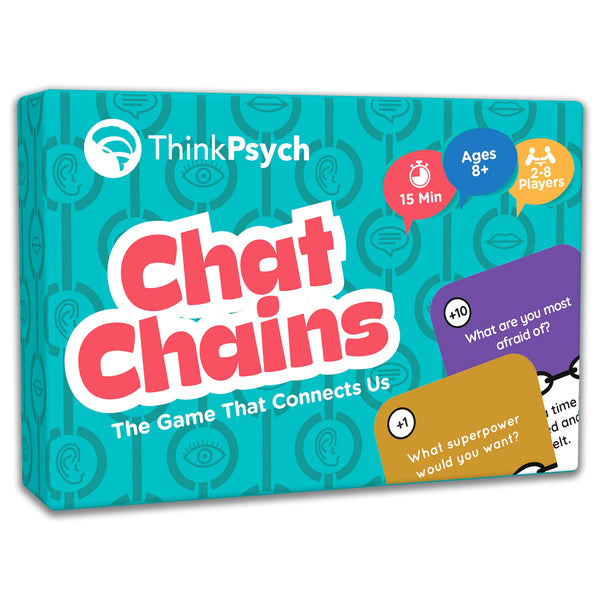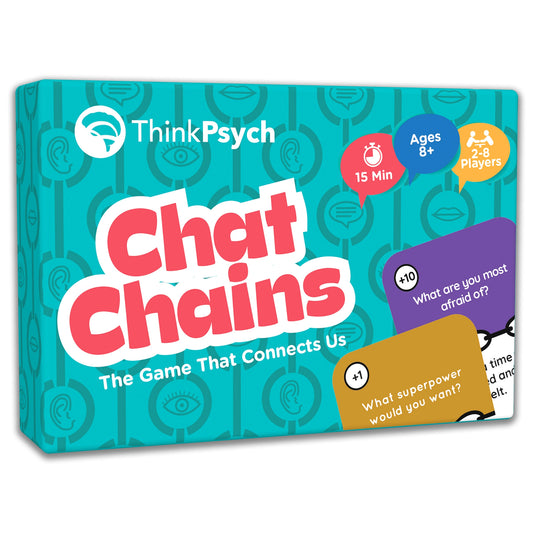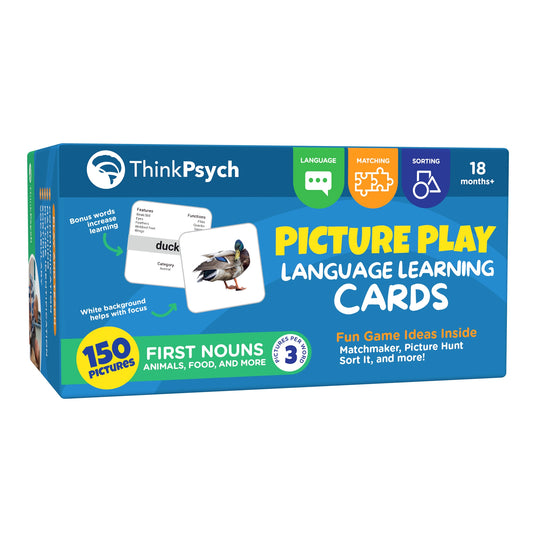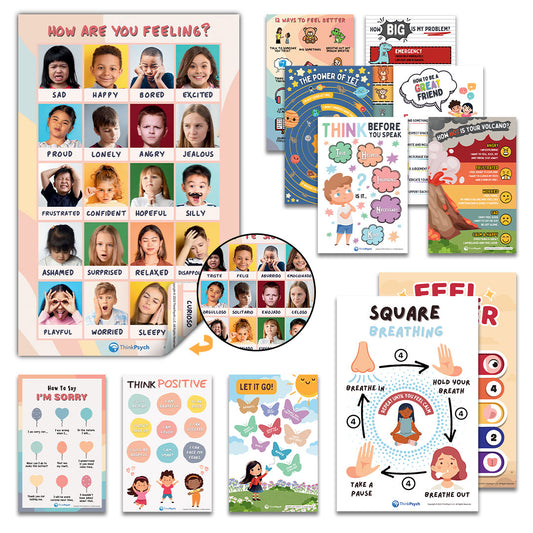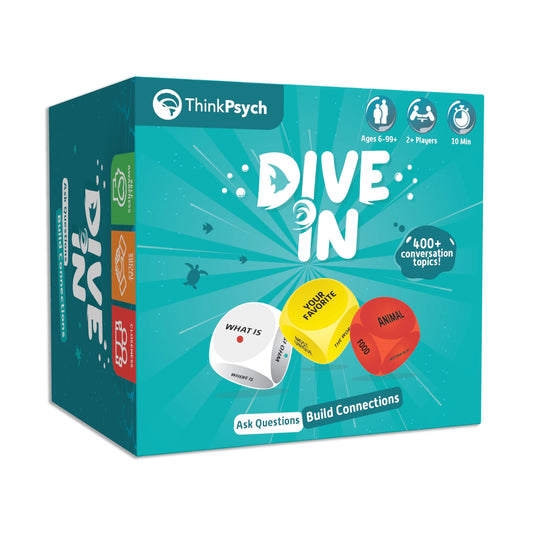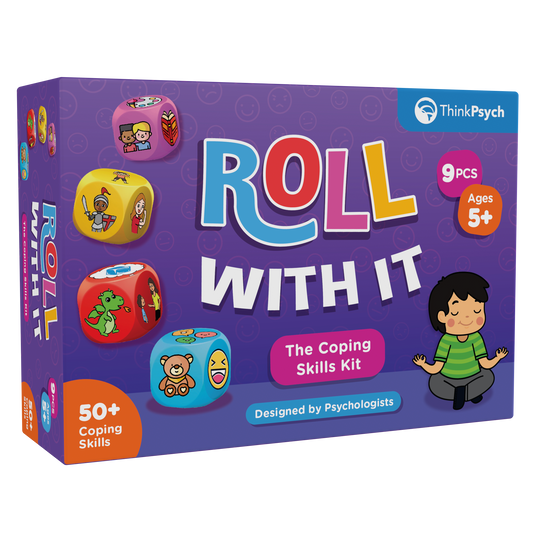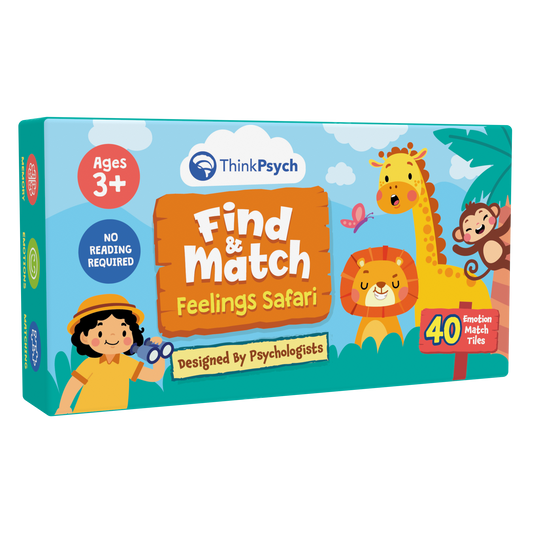
Dos & Don’ts to Help a Sore Loser Child
Share
Some kids struggle to learn good sportsmanship, especially if they have low self-esteem, feel pressure to perform or don’t know how to manage big feelings.
The typical sore loser playbook includes the following behaviors. A sore loser child may:
- Throw a tantrum
- Make negative remarks about the game or other players
- Shut down or sulk afterwards
- Constantly demand a rematch
- Quit midway to avoid losing
- Cheat in order to win
- Blame others for the loss (such as unfair rules)
If you notice any of these red flags, it’s time to help your child become a gracious loser. After all, kids aren’t born with emotional intelligence, but have to learn it over time.
Here’s how you can support your child to cope with competition and minimize sore loser behaviors!
What Causes Sore Loser Feelings?
Parents often wonder where sore loser feelings come from. Usually, they’re caused by emotional pressure in the household, such as:
- Having low self-esteem (i.e., feeling like a failure or disappointment)
- Not feeling supported (i.e., receiving constant judgmental or critical feedback)
- Feeling pressure to be a top-performer or perfectionist
- Not learning to manage big feelings
- Dealing with unrelated emotional stress
It’s useful to consider what may be contributing to your kid’s sore loser feelings, though sometimes it’s not easy to pinpoint. Regardless of why, it’s important to support your kids by building self-confidence and teaching them ways to manage their feelings.
Tips to Help Your Sore Loser Child Cope
Learning to deal with sore loser feelings is a normal part of your child’s development. Here are some dos and don’ts to help your kid pick up healthy habits for games and competition.
Don’ts for Your Sore Loser Child
1. Don’t let your child win or have a “do-over.”
It’s best not to indulge your kid by letting them win or have endless “do-overs.” This only reinforces their need to win. Instead it’s essential that your child practices how to lose – whether with you, a friend or a sibling.
In addition, a big part of losing is accepting defeat, which is why you should encourage your kid to empathize with the winner. Teach your kid to say phrases like “good game” and “nice job” after every game.
2. Don’t compare your child to peers.
Your child may be suffering from low self-esteem. Perhaps they feel like a “let-down” or a “failure.” In this case, it’s important to build their self-confidence.
Specifically, avoid comparing your kid to others, being judgmental or modeling bad behaviors such as trash-talking. Instead, support your kid with positive reinforcement and attitudes.
3. Don’t send different messages for winning and losing.
Focus on your child’s efforts, not results. Find a way to give positive comments, such as focusing on their:
- fun and enjoyment
- hard work or progress
- team player efforts
- good sportsmanship
Try to send the same message regardless of a win or loss, so that your child knows that the end result isn’t the most important thing.
4. Don’t avoid competitive situations.
When your kid has a tantrum after losing, it’s natural to want to avoid situations where they could act out. But it’s important for your child to get exposed to losing as much as possible.
While you may want to practice losing at home at first, don’t hesitate to sign up your child for that soccer league or paint class in the near future. It’s a great way to deepen your kid’s learning experience.
Dos for Your Sore Loser Child
5. Keep it real.
Losing is a part of life, period. Though that may be hard for your kid to accept, gently remind them that it’s ok to lose. Phrases such as “it’s just a game” or “it’s the luck of the draw” can help your child understand that everybody wins some and loses some.
6. Focus on a growth mindset.
Teaching your child to have a growth mindset can help them cope with losing, especially when related to a skill-dependent game or talent.
A growth mindset means that while you may not be good at something today, you can practice and become better tomorrow. The value of working hard, improving skills and making progress can help you kid understand that failure is never a permanent state.
7. Teach calm-down techniques.
Empower your kid with management techniques so they can process frustration after losing a game. For example, some kids feel calmer after taking deep breaths or doing a favorite activity such as coloring or reading.
Every kid is unique, so check out these techniques for regulating big emotions. Giving your child the tools to handle their sore loser feelings can help reduce them in the long run.
8. Get to the root of the problem.
Sore loser feelings don’t usually come from nowhere. Discover what’s really at play, such as low self-esteem, perfectionism, lack of support, pressure to do well, etc.
Start by helping your child express their emotions, so you can understand what they’re feeling when they lose. Perhaps they don’t want to let you down or they feel like they have to be the best. Find out so that you can tackle the root of the problem.
Shop ThinkPsych Products
Help Your Kid Become a Good Sport With ThinkPsych
Regulating big emotions such as losing a game is a part of growing up. Help your kid become a gracious loser by leveraging our dos and don’ts above to regulate sore loser feelings.
For more tips to boost your kid’s emotional intelligence, check out our expert-backed articles on ThinkPsych!
References:
- Today’s Parent, 6 Ways to Help a Sore Loser, https://www.todaysparent.com/kids/6-ways-to-help-a-sore-loser/
- Cleveland Clinic, Sore Loser? How to Help Your Child Handle Disappointment, https://health.clevelandclinic.org/how-to-help-your-child-handle-disappointment/
- VeryWell Family, 7 Ways to Prevent Your Child From Being a Sore Loser, https://www.verywellfamily.com/prevent-your-child-from-being-a-sore-loser-1094977
- Overcomers Counseling, How to Deal With a Sore Loser Child, https://overcomewithus.com/parenting/how-to-deal-with-a-sore-loser-child
- Parent Circle, How to Deal With a Sore Loser Child, https://www.parentcircle.com/how-to-deal-with-sore-loser-child/article
